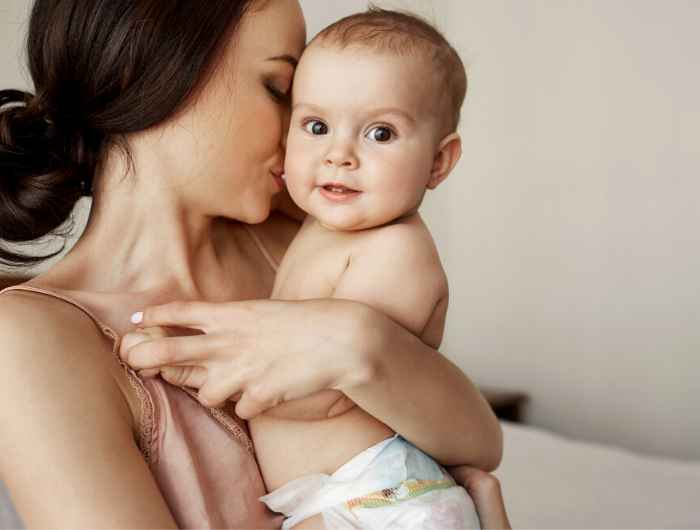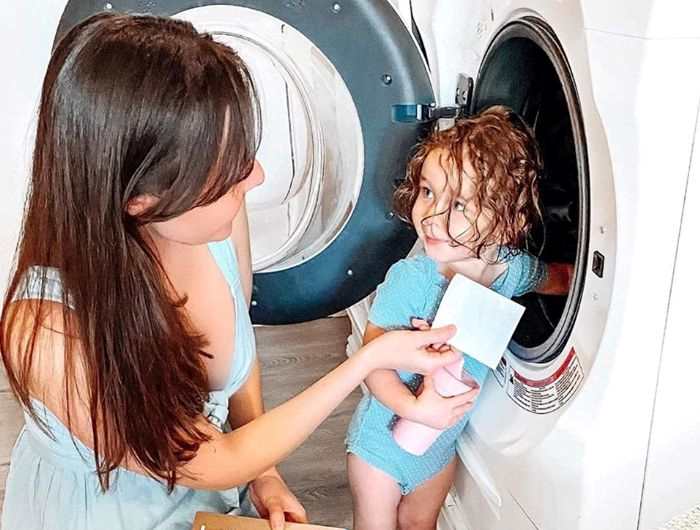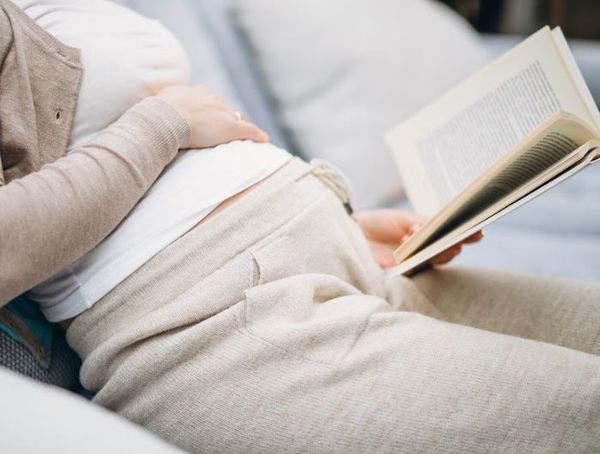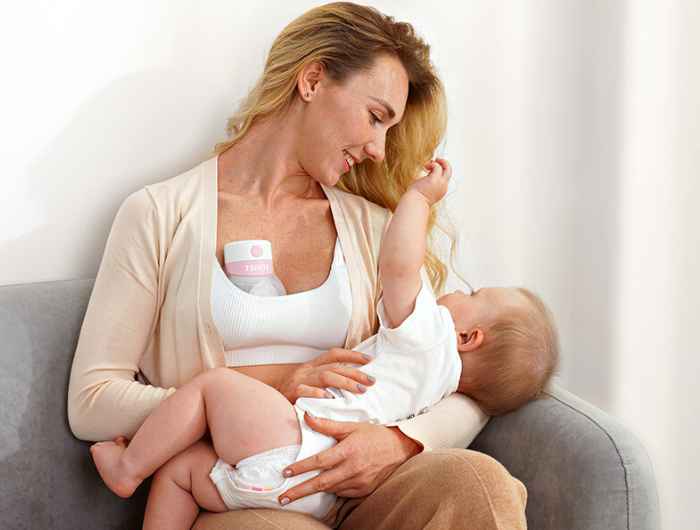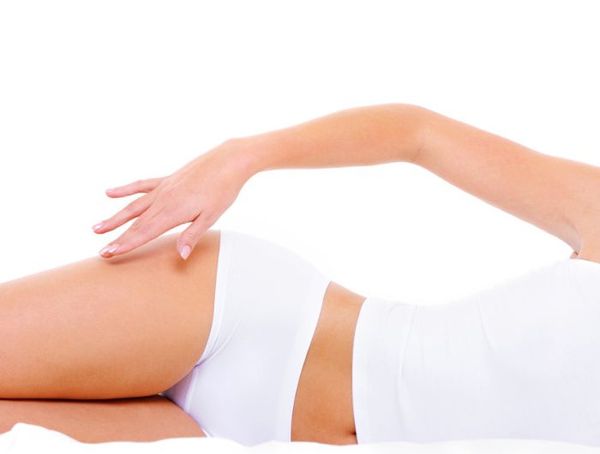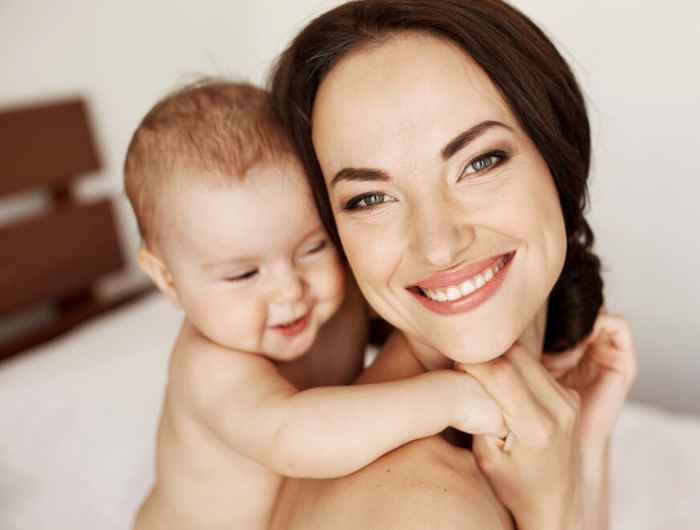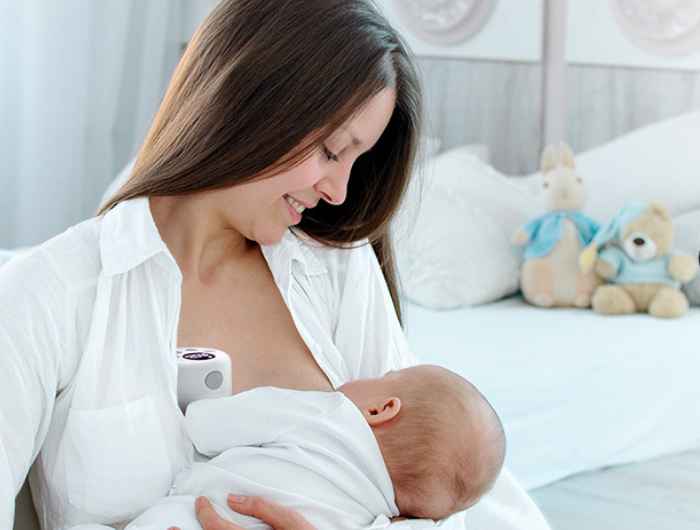Giving birth can be one of the most exciting and at times nerve-wracking experiences in a woman’s life. As new mothers adjust to their postpartum bodies—both physically and emotionally—they may also find that there are physical changes taking place as well, including hair loss. While it is normal for women to experience varying degrees of hair loss after childbirth, understanding why this occurs and what can be done about it is critical.
The Role of Nutrition in Hair Loss After Childbirth
Nutrition plays an important role in not only helping a new mother recover from childbirth but also aiding in preventing postpartum hair loss by providing the body with all the essential vitamins and minerals required for proper hair growth.
This is especially true after giving birth when a woman’s body is depleted of vital nutrients due to the stress put on her body during pregnancy, labor and delivery. Nutritional deficiencies are more likely to occur if a woman isn’t efficiently replenishing her energy reserves with a healthy diet.
And while some hair loss can be attributed to genetics or other underlying conditions, poor nutrition will always play an influencing role—especially in terms of postpartum hair loss.
Do Postnatal Vitamins Help With Postpartum Hair Loss?
Postnatal vitamins are specifically tailored towards pregnant and nursing women and provide essential nutrients like iron, zinc, calcium, vitamin A, B vitamins, and biotin that are needed during lactation for babies to grow healthily.
These same vitamins and minerals have been linked to healthier-looking skin, nails, and better digestion as well as supporting healthy hair growth for new moms suffering from postpartum hair loss.
While too much of any vitamin can lead to further depletion instead of helping fight against deficiencies—which can lead to even more serious issues like hair breakage or thinning—postnatal vitamins help ensure that your body has the right amount of vitamins necessary for proper functioning while breastfeeding. It is therefore important to know what to look for in a postnatal vitamin supplement.
Other Lifestyle Changes to Consider When Treating Postpartum Hair Loss
In addition to taking postnatal vitamins, new moms should consider making other lifestyle changes as well when treating their postpartum hair loss such as reducing stress levels by taking time out each day just for themselves; getting enough sleep; drinking plenty of water; eating a balanced diet rich in essential fatty acids;
regularly brushing your hair with natural bristles; limiting heat exposure from tools like curling irons and blow dryers; using gentle shampoos without harsh chemicals or fragrances; avoiding tight hairstyles that pull on your scalp; talking to your doctor about non-hormonal medications or supplements if necessary; and finally seeking professional help should all other efforts fail.
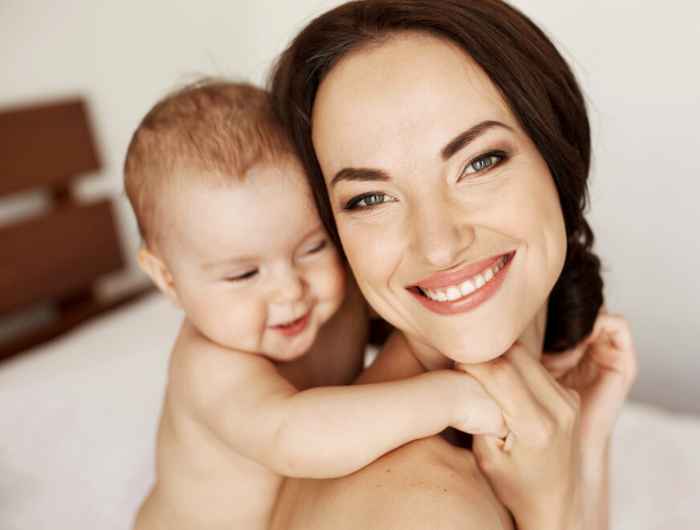
Conclusion
Hair loss after childbirth is quite common among women but thankfully with the right measures such as regular exercise, proper nutrition, and minimizing stress levels alongside other simple lifestyle changes, they can take steps towards preventing further complications associated with postpartum hair loss. In addition, taking specific postnatal vitamins designed specifically for nursing mothers will help to provide additional support during times when extra nutritional supplementation might be necessary.
With so many options available today it can be hard choosing one that meets all your unique requirements. To get started on the path to postpartum wellness, why not check out our article “The 11 Best Postnatal Vitamins To Maximize Your Health” for more information on which postnatal vitamin product is best for you?


